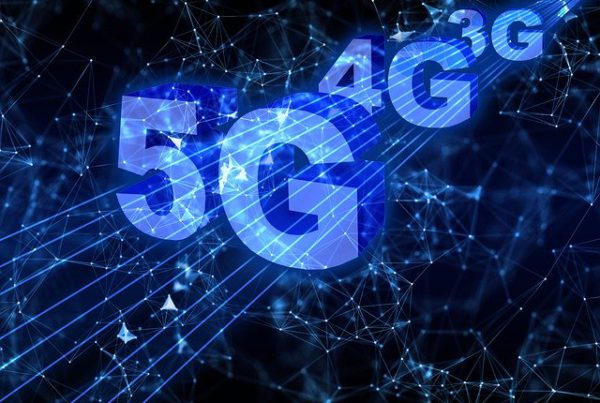SMS has been a universal medium of communication for years. GSMA statistics suggest – 5 billion people globally send and receive SMS messages. That’s around 65 per cent of the world’s population.
SMS, however, comes with few limitations. They don’t support read receipts, group messaging, or the animated stickers that we usually find on apps such as Facebook Messenger, WhatsApp, and WeChat. They rely on the cellular connection, which is restricted to places with a signal. And they won’t let you text beyond 160 characters. To address these limitations, SMS is undergoing a fundamental upgrade on a global scale—to RCS (Rich Communication Services).
RCS is a communication protocol incorporated natively into a phone’s default messaging service. It aims to replace SMS with rich messaging experience. Users can now access a wide range of advanced capabilities from within their native messaging service. These include, for instance, group chat, file sharing, video calling, and more. RCS also enables performing daily tasks such as booking flights or making restaurant reservations. All are now possible via a single mobile app (or platform), without the need to download and switch between different OTT apps.
Opportunity for Businesses and Operators
GSMA’s 2020 global forecast suggests that RCS continues to grow with 90 operator launches in 60 countries. And the number of launches is expected to reach 136 by October this year, with around 505 million monthly active users worldwide. Let’s take a look at how businesses can take advantage of this opportunity.
For brands and businesses, SMS is not redundant yet. Studies suggest, even in today’s OTT era, SMS has clear advantages over OTT apps in customer retention. Business leaders agree, while SMS campaigns continue to enjoy a high open-rate, the average app campaign loses most of its users in the first three days and more after 90 days. SMS adoption stays high across their client base, and around 90 percent of their customers stay put with SMS programs.
This means, by blending the capabilities of SMS and OTT services, RCS is poised to offer significant advantages, while overcoming limitations of the two. Businesses can gain the ability to communicate with their customers via a range of engaging new features, rather than simple blocks of black and white text.

Let’s take a business scenario, for instance.
A bank – with its robust security protocols, regulations and good business practices – would be very slow to use an OTT service to send messages to its customers. Because OTT services capture and store customer information and metadata, and later use them for targeted advertising. Moreover, they use them to offer additional services to those customers. On the flip side, banks can rely on mobile network operators who have no interest in capturing customer data. Their interest solely lies in providing uninterrupted communication services. Operators naturally protect the privacy of their users by keeping the information secure.
RCS, therefore, is a reliable option for banks as it offers both functionality and privacy for their business and users alike. Its sender verification feature offers assurance to customers, while actively engaging them through rich media. If, in any case, customers face issues, AI-enabled chatbots can be used to effectively address them. Advanced features like these are likely to gain popularity as the technology matures. The RCS approach, as a result, improves both customer experience and commercial potential.
Current Implementation Challenges
RCS, unfortunately, is not end-to-end encrypted. It uses the same rules and protocols as SMS. Recently, serious security concerns had surfaced when a German security company SRLabs demonstrated that RCS could enable potential hackers to access the users’ SMS and voice data.
This pinpoints the fact that sloppy RCS implementation by Google and operators could leave users vulnerable. It could allow messages and calls to be intercepted or modified at will. The GSMA, however, acknowledges these issues highlighted by SRLabs, and the organization has countermeasures and mitigation actions available for operators to fix their RCS issues.
Addressing serious flaws, like this one, can help businesses and users readily adopt RCS.
Future of RCS: 2020 and Beyond
Customers today expect personalized, genuine, meaningful, secure, and transparent communication from businesses. In years to come, businesses can use RCS to build stronger, long-lasting relationships with customers through engaging messaging.
References:
https://www.gsma.com/futurenetworks/rcs/rcs-market/
https://www.gsma.com/futurenetworks/rcs/global-launches/
https://www.theverge.com/2019/12/13/21020985/psa-google-android-rcs-us-sms
https://techjury.net/blog/sms-marketing-statistics/#gref
https://www.gsma.com/futurenetworks/digest/new-research-highlights-consumer-demand-for-rcs/
https://www.gsma.com/futurenetworks/digest/rcs-b2c-campaigns/
https://www.wired.com/story/rcs-texting-security/






